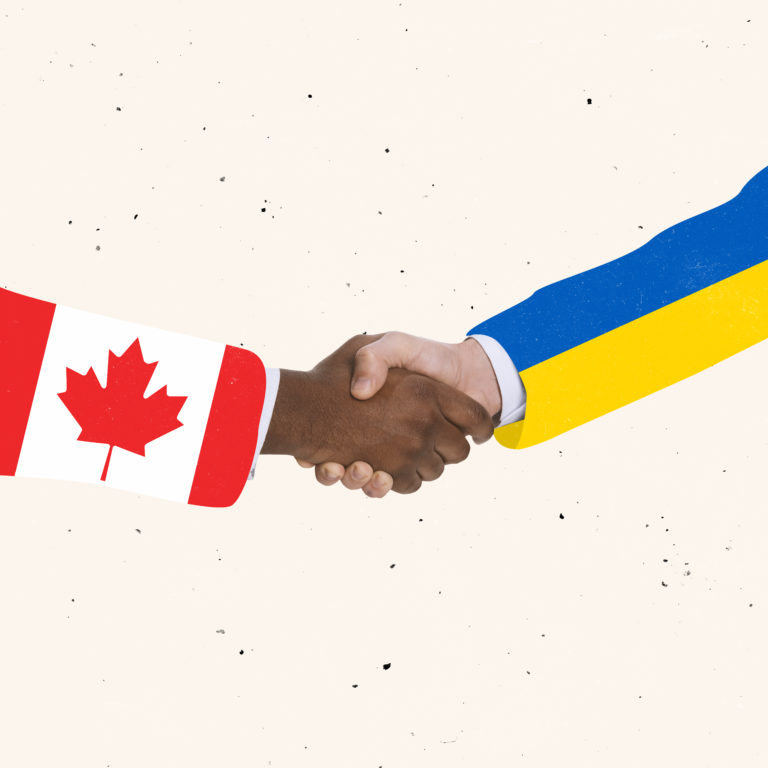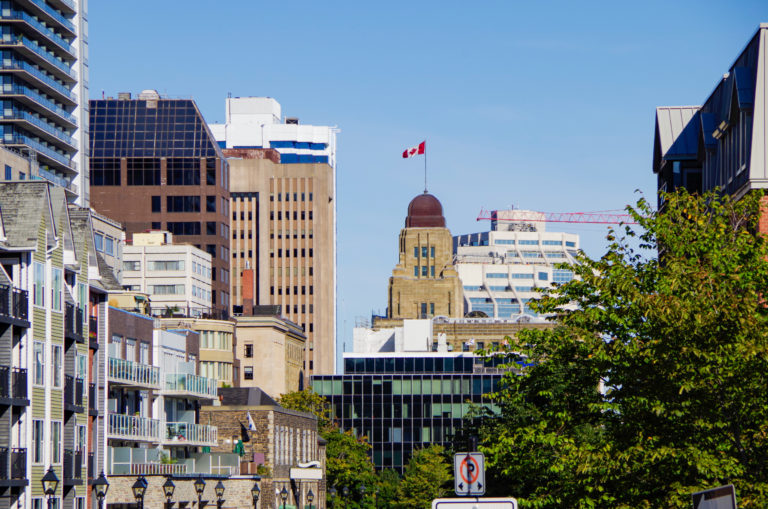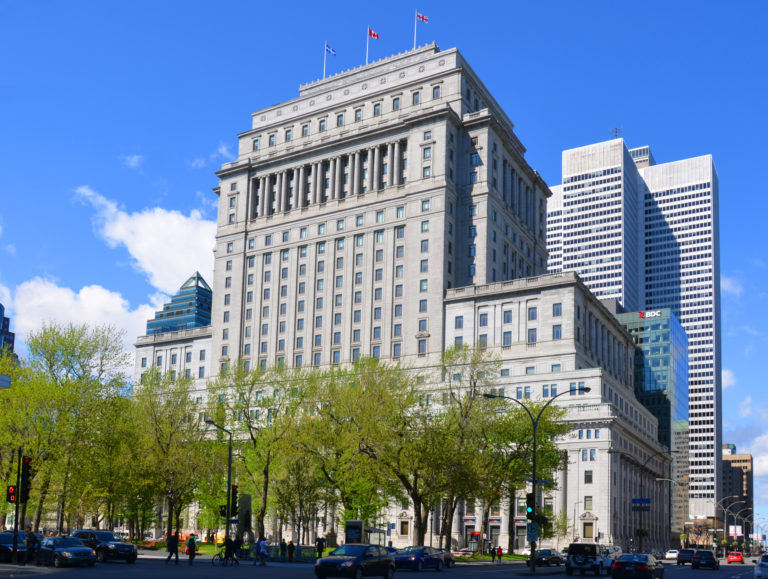Canada immigration news: Applications from Ukraine will be fast-tracked as Canada steps in to help Ukrainians and Canadian citizens in the war-torn region, says Immigration Minister Sean Fraser.
“Canada is steadfast in its support of the sovereignty and territorial integrity of Ukraine,” Fraser tweeted on Thursday.
“For over a month, we have been priority-processing applications from Ukraine,” he tweeted. “Today, we announced new measures to support Ukrainians and Canadian citizens in the region.”
Read More Canada Immigration News
New Canada Permanent Residence Pathway For Families Of Ethiopian, Ukraine Air Disasters
How to Apply for Canadian Permanent Residence From Ukraine
Canada-Ukraine Deal Set To Boost Immigration Post-COVID-19
Ukraine, a former part of the Union of Soviet Socialist Republics (USSR), is embroiled in battle with Russia, fighting that country on three sides yesterday after Russian President Vladimir Putin declared war shortly before dawn.
Russia’s Putin Declares War On Ukraine
Gunfire and explosions were heard on Thursday morning in Kyiv, a city of three million people, in what is now the biggest assault on a European state since the Second World War.
Tens of thousands of people have fled from their homes.
Immigration, Refugees and Citizenship Canada (IRCC) is stepping in to support Ukrainians and others living in that country, and working to make it easier and faster for Canadian citizens, permanent residents and their accompanying immediate family members to return to Canada.
Those Canadians, permanent residents and their family members in Ukraine who need new and replacement travel documents are being put at the front of the line.
Canada has already been prioritizing for the past month citizenship grant applications for adoption, as well as permanent and temporary residence applications for people with a primary residence in Ukraine who want to reunite or travel with family, study, work, or start a new life in Canada.
“Ukrainian nationals currently in Canada on a temporary basis can apply to extend their status as a visitor, student or worker,” states the IRCC on its website. “Since Jan. 19, IRCC has approved nearly 2,000 applications from Ukrainian nationals and people residing in Ukraine across various programs.”
IRCC Launches Initiatives To Help Ukrainians Come To Canada
Now, Canada is pledging to do more. Among the new immigration measures are:
- a dedicated service channel for Ukraine enquiries that will be available for clients both in Canada and abroad at 613-321-4243, with collect calls accepted. In addition, clients can now add the keyword “Ukraine2022” to the IRCC Web form with their enquiry and their e-mail will be prioritized;
- urgent processing of travel documents, including issuing single-journey travel documents for immediate family members of Canadian citizens and permanent residents who do not have valid passports;
- an updated web page to provide current information on measures. This page will include content in Ukrainian for ease of reference;
- allowing Ukrainians currently in Canada to extend their stay or stay longer in Canada by prioritizing the renewal of work and study permits, and extending a policy that allows individuals to apply for a work permit from within Canada. This policy would allow temporary residents who receive a job offer to remain in Canada and start working while they wait for their work permit application to be processed, and;
- IRCC will issue open work permits to Ukrainian visitors, workers and students who are currently in Canada and cannot go home, so they can stay longer if they wish. Fees are being waived, retroactive to Feb. 22, for certain travel and immigration documents, such as Canadian passports, permanent resident travel documents, proofs of citizenship, visitor visas, and work and study permits.
Immigration Minister Says Canada Will Do Even More
“We’re implementing urgent processing of travel documents, including issuing single-journey travel documents, for Canadian citizens, permanent residents, and their immediate family members,” tweeted Fraser. “We’re also ensuring that Ukrainians currently in Canada do not have to leave.”
Until the situation in Ukraine stabilizes, Ottawa is not even deporting back to Ukraine those in Canada illegally or found guilty of criminal activity, human rights violations, or who pose a security threat. The Canada Border Services Agency has put a stop to all these deportations.
Canadian immigration officials have also upped their game in Ukraine, relocating staff and moving additional supplies and equipment, such as mobile biometric collection kits, in anticipation of an increased volume of requests.
The IRCC has also adjusted operations in offices across its global network to ensure service continuity for Ukraine. Online options are available for most applications.
“Let me be clear: we will not stop here,” tweeted Fraser. “As the situation unfolds, we are preparing additional measures and will increase our efforts to welcome Ukrainians in Canada.”



